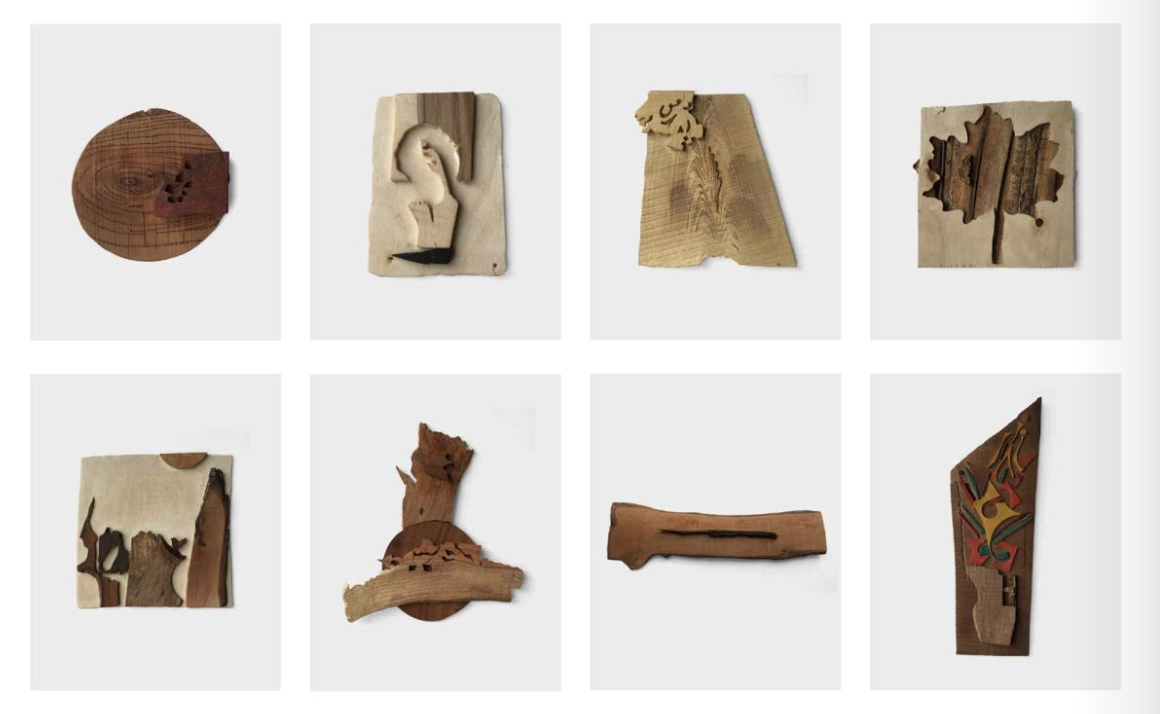Arts and International Studies: Crossed Perspectives

As summer begins, and with it, a well-deserved break for the lucky ones, this editorial takes on a lighter tone than usual. Rather than addressing the world’s challenges head-on, we take this opportunity to revisit some highlights from a particularly fruitful year of projects and reflections on the links between the arts, the humanities, and the understanding of international affairs.
Alongside the methods of distancing and objectification that underpin academic rigor, the CERI has been developing projects and reflections that aim to bring the emotional and passionate dimensions that often motivate research to the forefront. This approach encourages openness to diverse forms of writing, alternative sensibilities, and broader audiences, particularly through dialogue with the arts and humanities. As summer begins, a time of rest for the lucky ones, we take this opportunity to revisit some highlights from a particularly fruitful year on this front. Many thanks to Miriam Périer, Head of Scientific Outreach, for her decisive role in all these projects.
Following the success of our inaugural film festival in November 2024 at L’Entrepôt, an independent cinema in Paris’s 14th arrondissement dedicated to “Youth Around the World,” we launched a monthly film club in partnership with this remarkable venue, curated by an imaginative programmer who also shares a strong interest in the social sciences. Since January, on the first Tuesday of each month, the CERI has hosted a screening, either a fiction or documentary film, followed by a public discussion. These conversations are informed by scholarly insight, yet never didactic in tone. Each session creates a space where images intersect with analysis, and where emotional engagement and critical reflection are intertwined.
A few highlights from the CERI/Entrepôt Film Club: we began with All We Imagine As Light, an intimate portrait of three nurses in Mumbai and, through them, a glimpse into the intergenerational bonds of Indian womanhood, presented by Christophe Jaffrelot and in February, Intercepted brought us to the heart of the war in Ukraine, with commentary by Kathy Rousselet and Ioulia Shukan. In March, Je suis toujours là explored memory and trauma under Brazil’s military dictatorship in the 1970s, prompting a rich discussion led by Olivier Dabène and Brazilian scholars visiting the CERI. April’s screening of The Light of Aden offered an intimate glimpse into the life of a Yemeni couple, illuminated by Laurent Bonnefoy’s insights, marking the tenth anniversary of the war in Yemen. In May, The Treasure by Corneliu Porumboiu invited a subtle reflection on hidden memories in Bucharest, discussed by Antonela Capelle-Pogăcean. Finally, we screened Dahomey by Mati Diop, a striking docu-fiction on the restitution of Beninese artworks. The conversation, led by art historian Androula Michael (currently in residence at our Lab) and cinema critic and professor Jean-Michel Frodon, shed valuable light on a topic that remains largely overlooked.
The CERI Film Club will return in October. The upcoming season continues in the same spirit: fostering conversations between fundamental research, artistic creativity, and diverse audiences, while also encouraging students and young citizens to reconnect with the unique experience of cinema. In November, our annual film festival will return under the title "Eyes Fixed on the Earth!", a celebration devoted entirely to climate change and its cinematic representations.
Cinema, however, is not our only space for artistic experimentation. Inspired by Henri Cartier-Bresson’s well-known phrase: “To photograph is to align the head, the eye and the heart on the same axis”, we also launched a photography competition focused on fieldwork, in keeping with a long-standing tradition at the CERI. It is also worth highlighting the study day co-organized with the Heritage International Institute on the theme: "Protection of Cultural Heritage in a Turbulent World." This event, led by Frédéric Ramel, was driven by the ambition to foster dialogue between academics and practitioners on recent developments in the protection of cultural heritage, encompassing both tangible and intangible aspects. Drawing on a rich array of case studies and diverse testimonies, the conference provided valuable insight into the often complex conditions under which such protection is ensured in today’s conflict-ridden international landscape.
Held last November by Sciences Po’s Maison des Arts & de la Création and the French Red Cross Foundation, Frédéric Ramel and the Haizebegi Festival, the roundtable “Music and International Humanitarian Law” was a moment of remarkable intensity. Marking the 160th anniversary of the French Red Cross and the 75th anniversary of the Geneva Conventions, researchers, musicians, and humanitarian actors sketched the outlines of an unexpected dialogue between art and law in the face of human suffering caused by conflict. Echoing this exchange, the exhibition "Tuning In, Acoustics of Emotion" reminded us how sound archives can embody the memory of humanitarian commitment
Finally, this autumn will see the launch of a new research seminar titled The Arts, Humanities, and the Social Sciences of the International. It will be a space for shared exploration and critical thinking. We warmly invite you to join us in examining a world that may be dysfunctional, but one that we can still strive to understand with more clarity and humanism.
Wishing everyone a beautiful and restorative summer.
Stéphanie Balme
Prof. Director
Photo : Collages created from scraps of wood and leather by Fariba Adelkhah.










